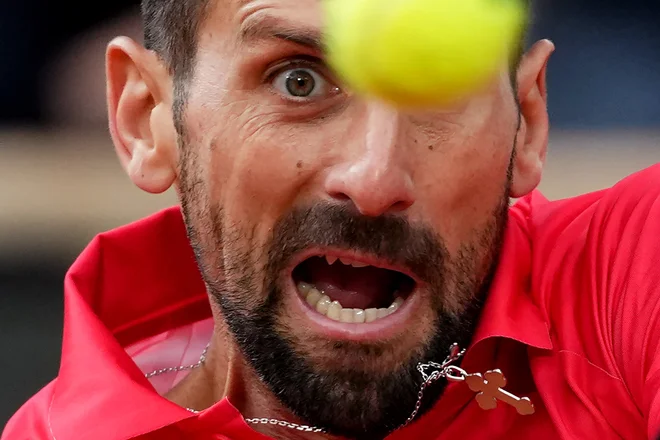Trump and populists: why their success is (almost) guaranteed

| Behind Trump is (almost) the entire Republican Party, which is supported by very wide circles of people going far beyond the Trump electorate. |
There are duties, no duties – 18 hours in which Trump is almost 180 degrees
The politician as a negotiating instrument for pressure
The negotiation theory of populism claims that a successful politician should be a negotiating instrument to pressure opponents. To this end, he must create a serious threat of much harm to the opponent and at the same time create a situation of insecurity. If there is a formula of success for the populist, then it is relatively simple:
| RH (a real threat to the damage to the opponent) + H (environment of uncertainty) – PB (real self -sacrificed harm to themselves, to their own voters and the country as a whole). If the value of this sum is positive, the negotiating populist may claim to have put his opponents in a difficult situation and they must make concessions. However, if the amount is negative, however, the negotiating populist risks being shot alone in the leg. |
How fake news moved in minutes $ 2.5 trillion. Wall Street
But while Italian debt is mainly to Italian banks and the euro area, US debt is held by Japan, China and many other countries. Without the role of the dollar as a world currency, the US will be more vulnerable to Italy, which (fairly or not) is more vulnerable to it as a problematic link in the euro area. Therefore, changes in US debt interest rates and the dollar place in world trade are the key indicators of real harm that the United States can self -inflict. Both indicators turned red in the middle of this week. Which forced Trump to give up the full volume of duties.
Why do the voter like such opportunism?
All this leads to a certain frustration of the voters and they begin to vote for negotiation rams that promise to « break » and « change » the whole system, but to provide their voters with larger victories and greater discounts.
In an ordinary situation, such « anti -system » players would vote a dozen percent in the marginal parts of the electoral system. But the frustration that nothing can change, also causes some « centrists » to vote purely tactically for the negotiating ram.
| These voters do not want the system to change radically, but they want their profit from it to be bigger. Most Americans do not want the world order, created mostly by the United States, to end, but they want to win even more from it. Therefore, they choose the opportunistic strategy and vote for the negotiating populist. |
Toy Crying: The inevitable radicalization
If such a bargain happens, you will eventually even get a public relief that will congratulate populists for their understanding. There will even be those who will claim that populists have already become part of the mainstream and that the taboos against them – as far as they are – must completely be dropped.
| The problem is that the negotiating populist must constantly radicalize his requests in order to create the RH – a real threat against his opponent. Because if he always gives up his more radical requests, the voter will decorate him as a weak « negotiation ram » and stop voting for him. |
Trump turned off smartphones and computers from import duties
In Bulgaria, from an Attack in 2005, which timidly raised a voice against the EU, now we have a pretty serious Cohort of Anti-EU and anti-anti-players who are increasingly acceptable partners for other parties. The last major change is the conversion of Delyan Peevski and a « New Beginning » to the Eurosceptics in the EU.
How will the negotiation populism end?
Of course, there have always been an isolationist voices in the US that wanted the United States to be self -sufficient and fixed in itself. There are also white supplies, homophobes, etc. – Like in most developed Western societies. These groups would certainly support American isolationism internationally and the break with liberal democracy in domestic policy. But the point is that they are a minority and would never win without the support of those « centrists » who vote for Trump as a « negotiated populist ». Centrists would be very disappointed if the United States really retired from globalization and became a supremasist non -liberal democracy.
On Wednesday on the exchanges, a record for billionaire profits was set
The same can happen with the American exit of the globalized economy – the threat to it can not only lead to a better negotiation position of Trump to trading partners, but to a trade war and self -designed damage to the US and the world of a giant scale.
Is Democracy capable of recognizing fascism
The 1930 example of the 1930
The difference with the present moment is that politicians in the United States since the 1930s have acted under the pressure of events: they have reacted panic to the 1929 collapse. Now the danger is to achieve the same effect, creating great uncertainty in world trade and deliberately follows policies that can bring the world system to collapse. As paradoxical as it may be, « negotiation populism » is something that seeks logic and tools to extract political advantage in such situations.
The « recession of democracy » in the EU and Bulgaria is also deepened
And in Bulgaria it is no different
| In general, however, it is clear why centrist voters can reach for the newsletter of more radical players – because they see a « negotiation » benefit for themselves from such a move. In such a situation, the opportunism of the voter is allied with the opportunism of the « negotiating populist ». |
The result is interesting times, saturated with very high uncertainty and unpredictability. It is in such times that it is good for people not to watch only thin profits for profit, but to recall the fundamental values of freedom and democracy. Both internally and internationally.
Prof. Capriev in his new book: Populism has a natural urge to authoritarianism and totalitarianism
* This text uses ideas from a larger study of a team of Sofia University, funded by the European Union – Nextgenerationeu, through the National Plan for the Recovery and Sustainability of the Republic of Bulgaria.













